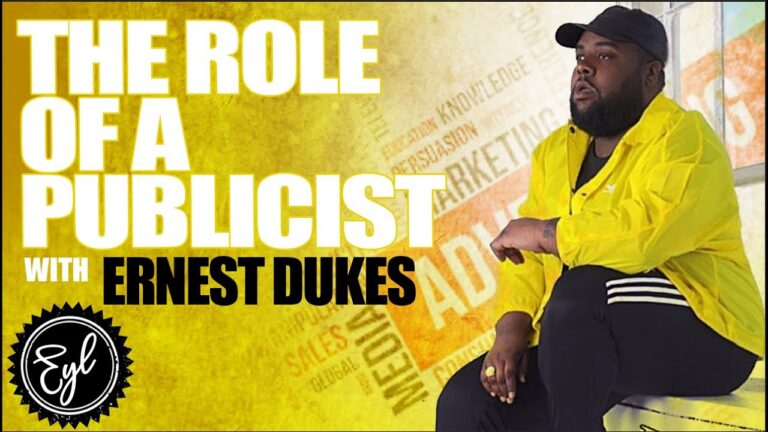Correction Officer Job: Description & Salary

Correction Officer Job Description Template
Correction Officer Job Description A Correction Officer, also known as a detention officer or a correctional officer, is responsible for the supervision, safety, and security of individuals who have been arrested, awaiting trial, or serving sentences in correctional facilities such as prisons, jails, and detention centers. The main duties of a Correction Officer include maintaining order and discipline within the facility, enforcing rules and regulations, conducting security checks, and ensuring the safety of both staff and inmates. They are responsible for monitoring inmate behavior, conducting searches for contraband items, and intervening in any potentially dangerous situations. Correction Officers also play a vital role in the rehabilitation and reintegration of inmates into society. They assist in delivering educational and vocational programs, provide counseling and support to inmates, and encourage positive behavior and personal growth. In addition to their security responsibilities, Correction Officers are expected to maintain accurate records, write incident reports, and testify in court when necessary. They must possess excellent communication and interpersonal skills to effectively interact with inmates from diverse backgrounds and handle potentially volatile situations. The job of a Correction Officer requires physical stamina, as they may need to walk or stand for long periods, restrain unruly inmates, and respond quickly to emergencies. They must be mentally resilient, capable of coping with high-stress situations, and adhere to strict ethical standards. Overall, being a Correction Officer is a challenging yet rewarding career that demands dedication, integrity, and a strong commitment to public safety and the well-being of incarcerated individuals. Important Words: 1. Supervision: The act of overseeing and managing individuals or activities to ensure compliance with rules and regulations. 2. Rehabilitation: The process of helping individuals with criminal backgrounds to reform, change their behavior, and reintegrate into society.Correction Officer Responsibilities
Correction Officer Requirements
How Much Does A Correction Officer Make?
Correction Officer Salary
| Rank | Annual Salary |
|---|---|
| Correction Officer Trainee | $40,000 – $45,000 |
| Correction Officer | $50,000 – $60,000 |
| Sergeant | $65,000 – $75,000 |
| Lieutenant | $80,000 – $90,000 |
| Captain | $95,000 – $105,000 |
A correction officer’s salary varies based on their rank and experience within the field. As a correction officer trainee, the annual salary typically ranges from $40,000 to $45,000. Once promoted to the position of correction officer, the salary increases to an average of $50,000 to $60,000 per year. Higher-ranking positions, such as sergeant, lieutenant, and captain, earn higher salaries, with ranges from $65,000 to $105,000 annually.
Correction Officer Salaries by Country
Top Paying Countries for Correction Officer
| Country | Salary Range |
|---|---|
| United States | $45,000 – $90,000 |
| Australia | $50,000 – $70,000 |
| Canada | $40,000 – $80,000 |
| Germany | $35,000 – $60,000 |
| United Kingdom | $30,000 – $55,000 |
Correction officers play a crucial role in maintaining safety and security within correctional facilities. The salaries offered to these professionals vary across countries. The table above highlights some of the top paying countries for correction officers. It is important to note that these salary ranges are approximate and may vary based on factors such as experience, qualifications, and location. As a correction officer, a competitive salary can be expected in countries like the United States, Australia, Canada, Germany, and the United Kingdom. It is advisable to research further and consider other factors such as cost of living and benefits before making any career decisions.
A video on the topic Correction Officer
Video Source : GUARDIAN RFIDInterview Questions for Correction Officer
1. What are the main responsibilities of a Correction Officer?
A Correction Officer is responsible for maintaining security and order within a correctional facility, supervising inmates, conducting searches, and enforcing rules and regulations.
2. How do you handle difficult or aggressive inmates?
When dealing with difficult or aggressive inmates, I remain calm and composed, using effective communication skills to de-escalate the situation. If necessary, I request assistance from my colleagues to ensure the safety of everyone involved.
3. How do you maintain the safety and security of a correctional facility?
I maintain the safety and security of a correctional facility by conducting regular patrols, monitoring inmate activities, searching for contraband, and implementing appropriate security protocols. I also ensure that all equipment is in proper working condition and that emergency procedures are followed.
4. How do you ensure the well-being of inmates under your supervision?
I ensure the well-being of inmates by conducting regular welfare checks, addressing any medical or mental health concerns, and facilitating access to necessary services or resources. I also encourage and promote positive behavior and offer support and guidance when needed.
5. What steps do you take to prevent escapes or unauthorized activities?
To prevent escapes or unauthorized activities, I closely monitor inmate movements, conduct thorough searches for contraband, implement strict access control measures, and enforce disciplinary actions for any rule violations. I also maintain constant communication with other staff members to remain vigilant and address any potential security risks.
6. How do you handle conflicts or disputes between inmates?
When handling conflicts or disputes between inmates, I intervene promptly to defuse the situation and separate the involved parties if necessary. I then investigate the cause of the conflict and take appropriate actions, such as providing mediation or disciplinary measures, to resolve the issue and prevent future conflicts.
7. How do you ensure that your actions as a Correction Officer are within legal boundaries?
I ensure that my actions as a Correction Officer are within legal boundaries by thoroughly understanding and adhering to all applicable laws, regulations, and policies. I also receive ongoing training to stay updated on any changes or new developments in the field. Additionally, I maintain professional ethics and always conduct myself in a manner that upholds the highest standards of integrity and fairness.
8. How do you handle situations where an inmate refuses to comply with your instructions?
When an inmate refuses to comply with my instructions, I first attempt to communicate with them calmly and explain the reasons behind my instructions. If the refusal persists, I follow the established protocols, which may include involving higher-ranking officers or implementing appropriate disciplinary measures to ensure compliance.
9. How do you handle stressful or high-pressure situations in a correctional facility?
In stressful or high-pressure situations, I rely on my training and experience to stay calm and focused. I prioritize the safety of everyone involved and follow established procedures to address the situation effectively. I also communicate with my colleagues and supervisors to coordinate efforts and ensure a unified approach.
10. How do you maintain professionalism and ethical conduct as a Correction Officer?
I maintain professionalism and ethical conduct by treating all individuals with respect and dignity, regardless of their background or circumstances. I adhere to the code of ethics governing my profession and avoid any actions or behaviors that could compromise the integrity of my role. I also maintain confidentiality and exercise sound judgment in all decision-making processes.






